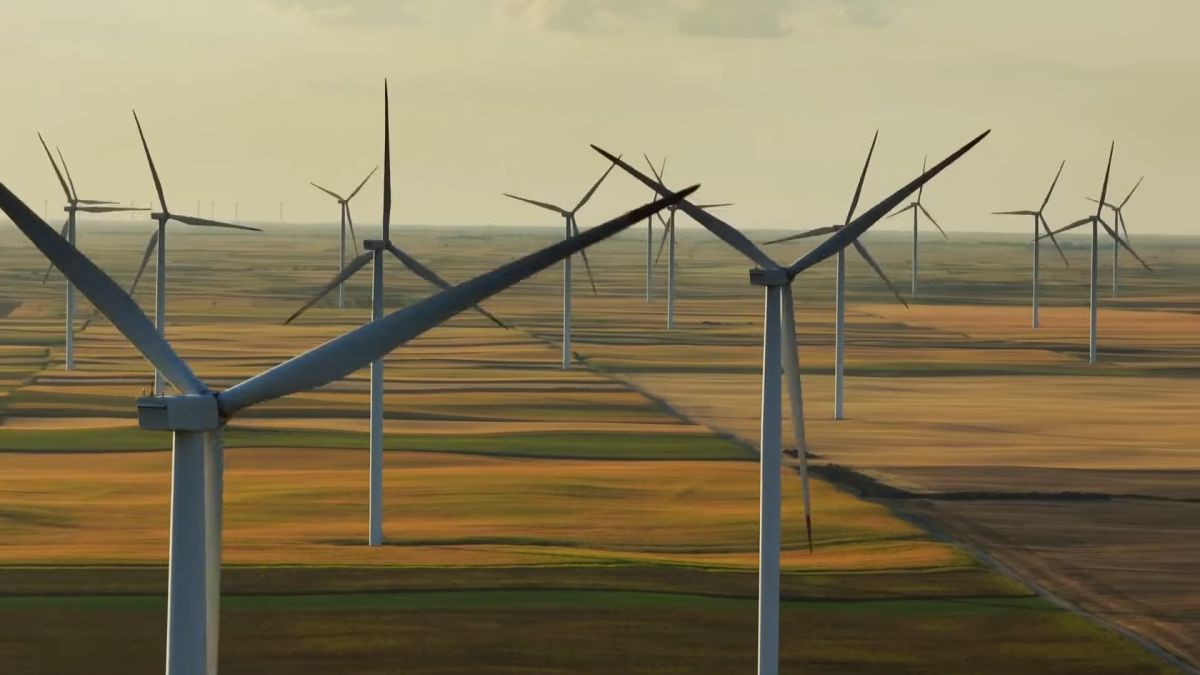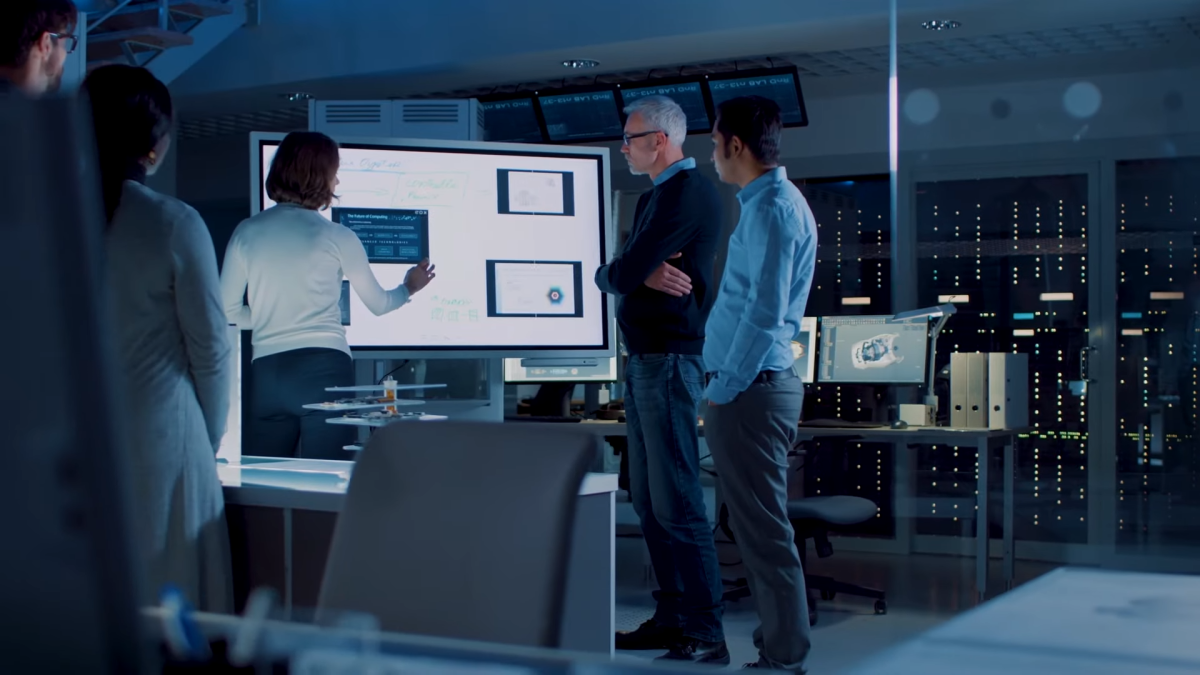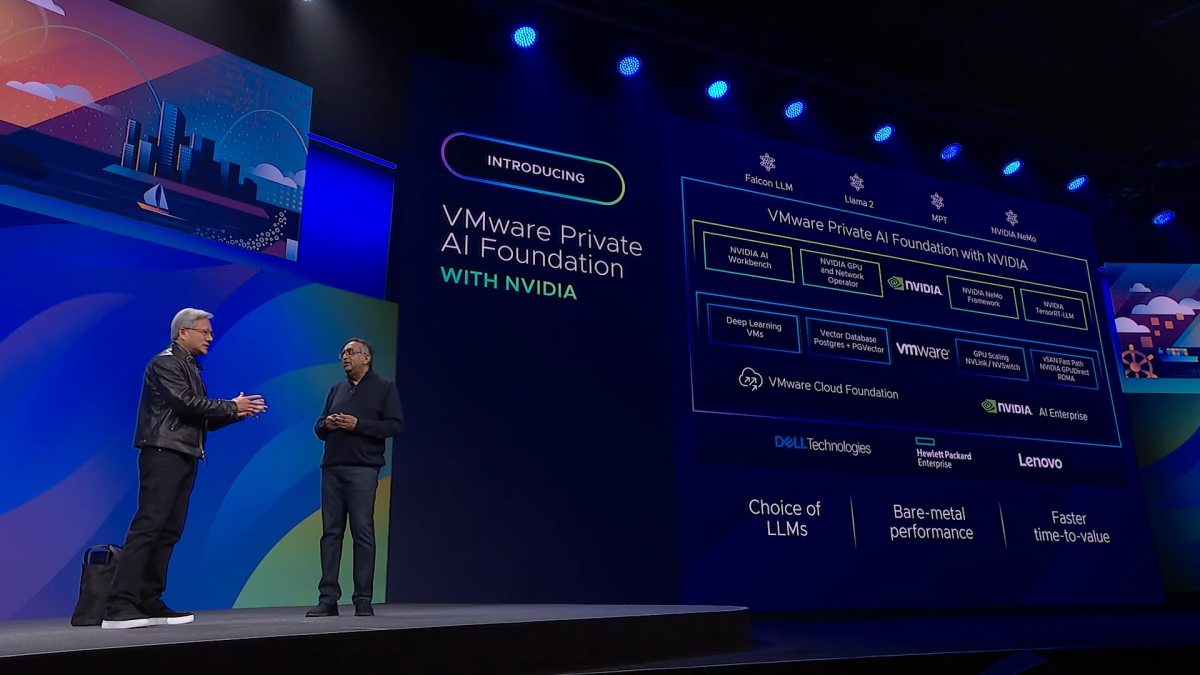Optimism and AI Set the Tone at Climate Week NYC and Beyond
It’s hard not to get discouraged about climate change if you only scan the headlines. New and ever-more alarming stories about our worsening environment make the irreversible tipping point for our planet feel inevitable. But as I gathered with other leaders at Climate Week NYC, a new sense of hope has begun to emerge.
Don’t get me wrong: the business leaders, public officials, and activists I met with are realists. Climate change continues to be a serious situation that calls for urgent interventions. But we’re also aware, after years of intentional work and partnerships, that the pendulum is starting to swing in the right direction.
We’ve seen technology advancements that now make it more affordable to generate power from renewable energy than fossil fuels. We’re seeing meaningful financial commitments, like the recent pledge from multilateral development banks to secure $200 billion in extra funding for the climate transition in emerging economies. We’re even on the verge of the SEC finalizing long-sought-after climate disclosure regulations that would require companies to measure and disclose greenhouse gas emissions and climate-related risks to their business. And these advancements across the worlds of technology, finance and public policy are only the beginning of what’s possible.
From my position at VMware, I most often think about the technology side of the equation. And one of the best opportunities I see to raise the bar in our world surrounds advancements in artificial intelligence. It was a topic that made numerous appearances during Climate Week NYC, with much excitement around potential AI-powered climate solutions and how it could be an important driver of decarbonization. But we also need to be mindful of how these AI solutions develop.
We need to look no further than the scaling of cryptocurrencies to understand what happens when technology is created without green outcomes in mind. Because sustainability wasn’t baked in from the start, crypto mining—which is central to validating transactions and maintaining a distributed ledger—has huge electricity demands and comes with a considerable carbon footprint. If we’re not careful, the rapid development of artificial intelligence capabilities could very easily walk a similar path to cryptocurrencies.
Large-scale generative models process massive amounts of data, which can translate into substantial energy needs. But this is not a foregone conclusion. We can walk a different path—and develop this promising technology the right way from the start.
This is something VMware is committed to leading the charge on. Thanks to the pioneering work we’ve done in virtualization, we have a long history as a provider of green solutions. Now we’re building on that legacy and applying what we’ve learned to develop sustainable AI solutions.
The recent launch of Private AI was a big milestone in our journey. Private AI allows businesses to focus on their precise needs—using VMware technology to run private AI solutions on a green cloud, using data centers with a lower carbon footprint. It’s both a welcome advancement in the development of AI business solutions, as well as the culmination of so many other sustainability advancements across our product lines. Seeing all these threads weave together is the definition of Smart Impact.
Even as we celebrate opportunities and milestones, it’s important to recognize that they are just steps in the right direction—not a final destination. We can never get complacent, allowing accomplishments to become a ceiling rather than a floor. To build the kind of momentum that will get us to net zero and start chipping away at our climate debt, we need to find ways to keep raising the bar across the worlds of technology, finance, and public policy.
Events like Climate Week NYC always leave me feeling optimistic that that’s possible. They’re a reminder that the steps individual companies like VMware take are part of a much greater whole. And when we come together as one community of changemakers, we have a chance to amplify our efforts—and bring us one step closer to a positive tipping point.




